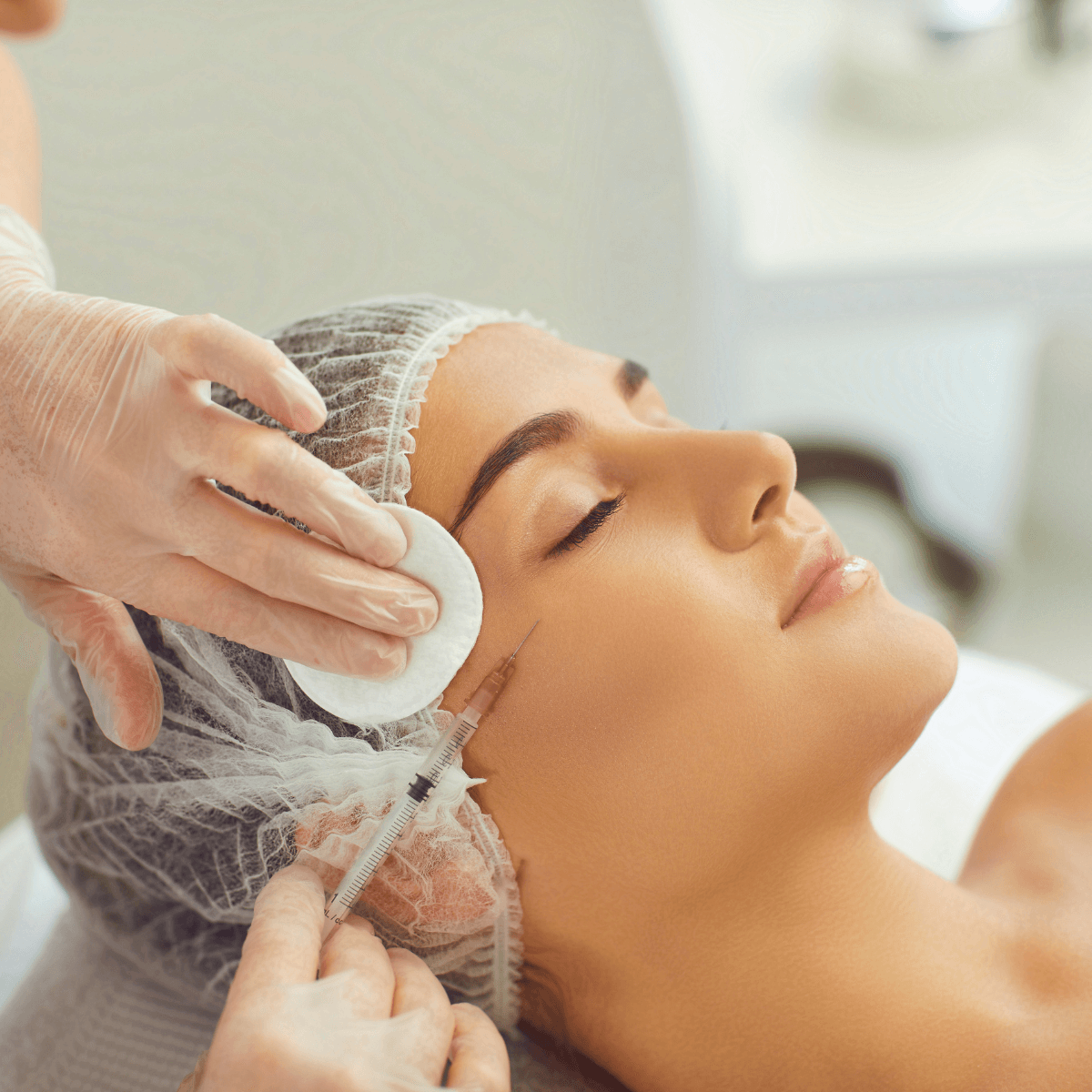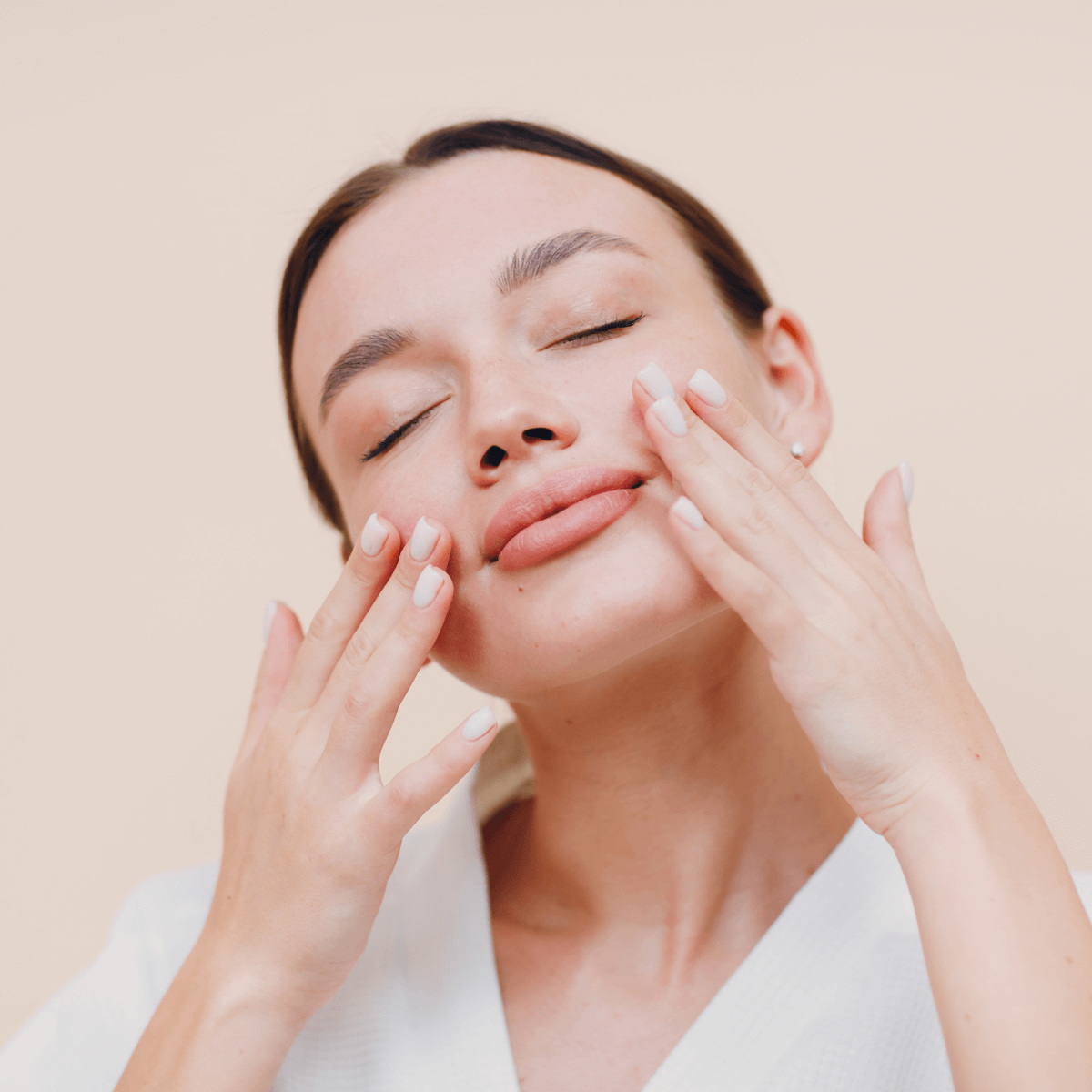When it comes to skincare, we’ve heard it all – hydrating serums, anti-aging creams, and treatments promising eternal youth. But lately, two power players are getting all the attention: neuropeptides and neurotoxins. Sure, they sound like they belong in a science textbook, but trust us, they’ve got some serious beauty magic up their sleeves. Whether you’re looking to smooth out wrinkles or give your skin a boost, understanding the difference between these two will help you make the right choice.
Let’s dive into the similarities and differences between neuropeptides and neurotoxins – and figure out which one is calling your name!
Contents
What are neuropeptides?
Picture neuropeptides as your skin’s personal cheerleaders. They’re naturally occurring molecules in your body, responsible for sending signals between cells. In skincare, they’re like a pep rally for collagen, encouraging your skin to stay firm, plump, and elastic. Who doesn’t want that, right?
Neuropeptides work from within, telling your skin to repair itself, generate new cells, and produce collagen. The best part? They do this all while fighting off the signs of aging, like fine lines, wrinkles, and sagging.
You’ll find neuropeptides in high-quality creams and serums that promise to firm up your skin, improve its texture, and even make you glow like you’ve just walked out of a facial. It’s a long-term game, though – think of neuropeptides as your skincare’s secret weapon that works steadily and subtly to give you radiant, youthful skin.

What are neurotoxins?
On the flip side, we’ve got neurotoxins – the showstoppers. Neurotoxins are the ingredients behind Botox and other similar injectable treatments, and while their name might sound a bit intimidating, they’re here to smooth things over, literally.
Neurotoxins work by temporarily freezing the muscles in your face that cause wrinkles. Those crow’s feet, forehead lines, and laugh lines? A quick Botox treatment and poof – they’re smoothed away. Neurotoxins do this by blocking the release of acetylcholine, a neurotransmitter responsible for making your muscles contract. No muscle contraction, no wrinkles. It’s that simple!
But here’s the catch: while neurotoxins like Botox can give you a wrinkle-free look within days, the effects are temporary. You’ll need to book touch-up appointments every three to six months if you want to keep that smooth, youthful appearance going.
The similarities: Anti-aging superstars
Now, despite their different approaches, neuropeptides and neurotoxins share a common goal – they both target those pesky signs of aging. Whether it’s smoothing out fine lines or boosting collagen production, they’re here to help you hold onto your youthful glow for as long as possible.
Both neuropeptides and neurotoxins work their magic on wrinkles, and both are incredibly popular in anti-aging skincare and cosmetic treatments. The choice between them, however, depends on what kind of results you’re after and how hands-on you’re willing to get.
The differences: Collagen builders vs. wrinkle freezers
So, let’s break down the key differences, because while neuropeptides and neurotoxins are both superheroes, they’ve got very different superpowers.
How they work
- Neuropeptides: These guys are like your skin’s personal trainers. They tell your skin to get in shape by building collagen and elastin. The result? Firmer, more elastic skin that ages more gracefully.
- Neurotoxins: Think of neurotoxins as the wrinkle police. They don’t mess around – they stop your muscles from contracting, which prevents the formation of new wrinkles and temporarily smooths out existing ones.
Longevity of Results
- Neuropeptides: They’re in it for the long haul. The results aren’t immediate, but over time, neuropeptides help improve your skin’s overall structure. It’s like maintaining a garden – you need to water it regularly to see it flourish.
- Neurotoxins: Instant gratification, anyone? With neurotoxins, you’ll see results in just a few days, but remember – they’re temporary. A few months later, and it’s time to book that follow-up appointment.
Invasiveness
- Neuropeptides: Skincare lovers, rejoice! Neuropeptides are found in topical creams and serums, so there’s no need to worry about needles or appointments. Just slather on your favorite product and let it work its magic.
- Neurotoxins: Here’s where things get a little more involved. Neurotoxins like Botox require injections, and while the procedure is relatively quick, it’s still a bit more invasive compared to applying a cream. But hey, some might say it’s worth it for the instant results.
Side effects
- Neuropeptides: Low risk, high reward. Since neuropeptides work from the outside in, you’re not likely to experience any major side effects aside from softer, firmer skin.
- Neurotoxins: While neurotoxins are safe when administered by a professional, there can be minor side effects like temporary bruising, swelling, or, in rare cases, temporary facial paralysis.

Neuropeptides vs. Neurotoxins: Which is right for you?
So, you’re probably wondering, “Which one should I go for?” Here’s the deal: it depends on what you’re looking for.
If you’re all about prevention, long-term results, and want to enhance your skin’s overall health without invasive treatments, neuropeptides are your new best friend. They’ll quietly work behind the scenes, helping your skin stay plump and youthful for the long run.
If you’re more into immediate results, and you’ve got a reunion, wedding, or other special event coming up where you want to look flawless ASAP, then neurotoxins might be the better option. Just remember, the effects will wear off in a few months, and you’ll need to stay on top of it to maintain that wrinkle-free look.
The bottom line is, both neuropeptides and neurotoxins are amazing tools in the fight against aging, but they work in very different ways. One builds and strengthens your skin’s foundation, while the other smooths things over quickly and effectively. Depending on your skincare goals, one may be better suited for you than the other, or – why not both?
As always, consult with your skincare professional to decide what’s best for your unique skin. Whether you choose neuropeptides, neurotoxins, or a combination of both, one thing’s for sure – you’re going to look fabulous!


